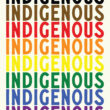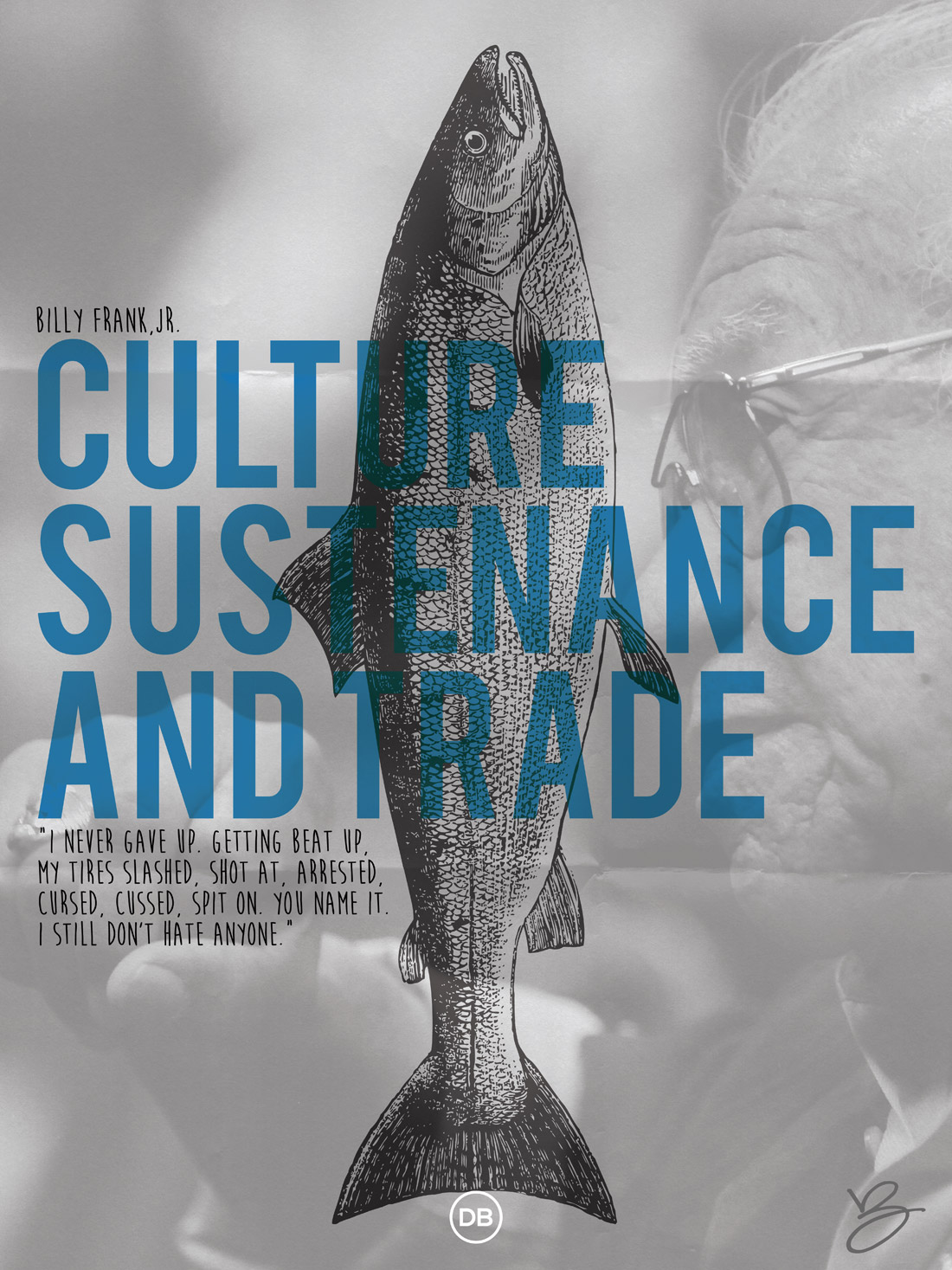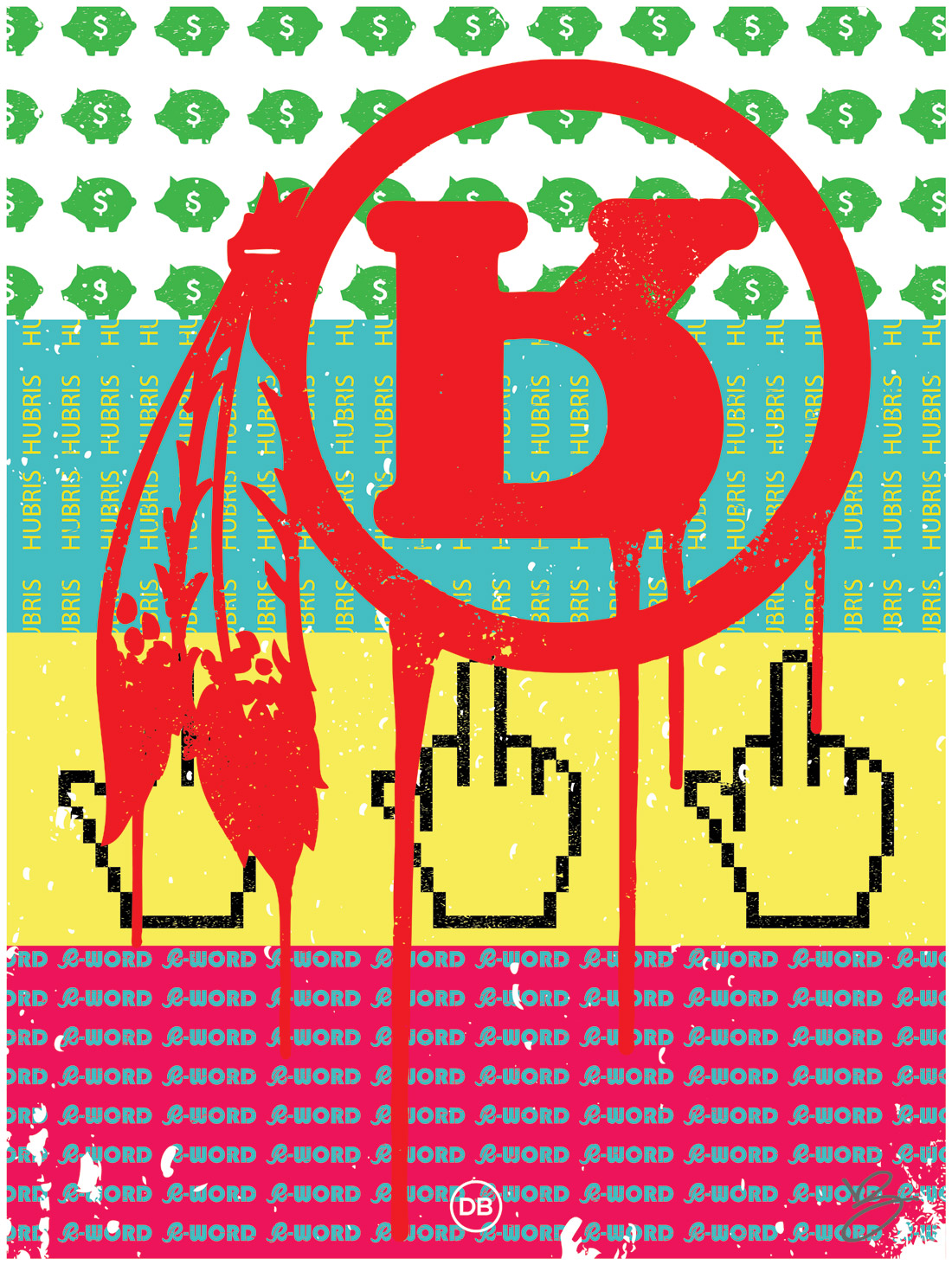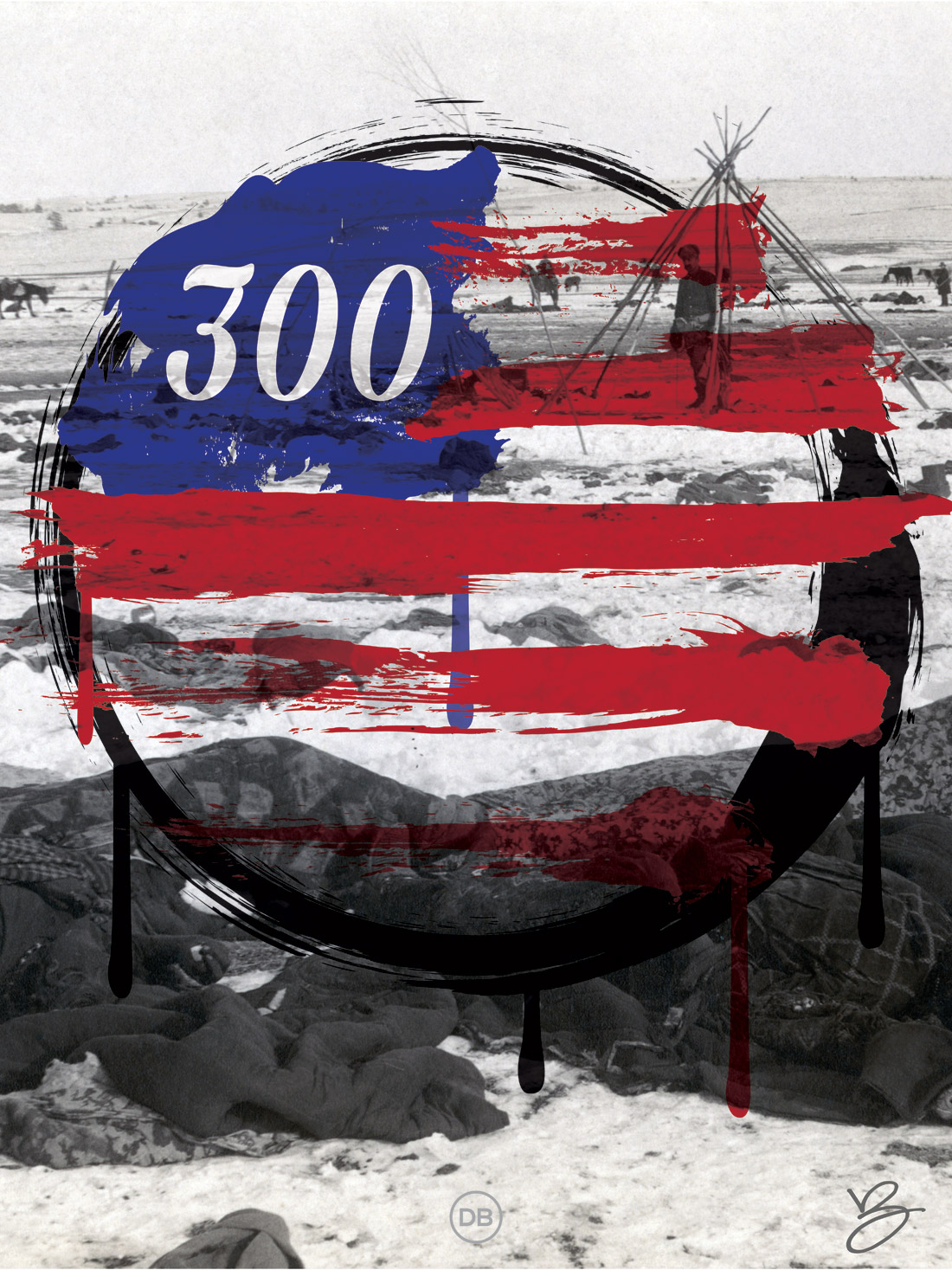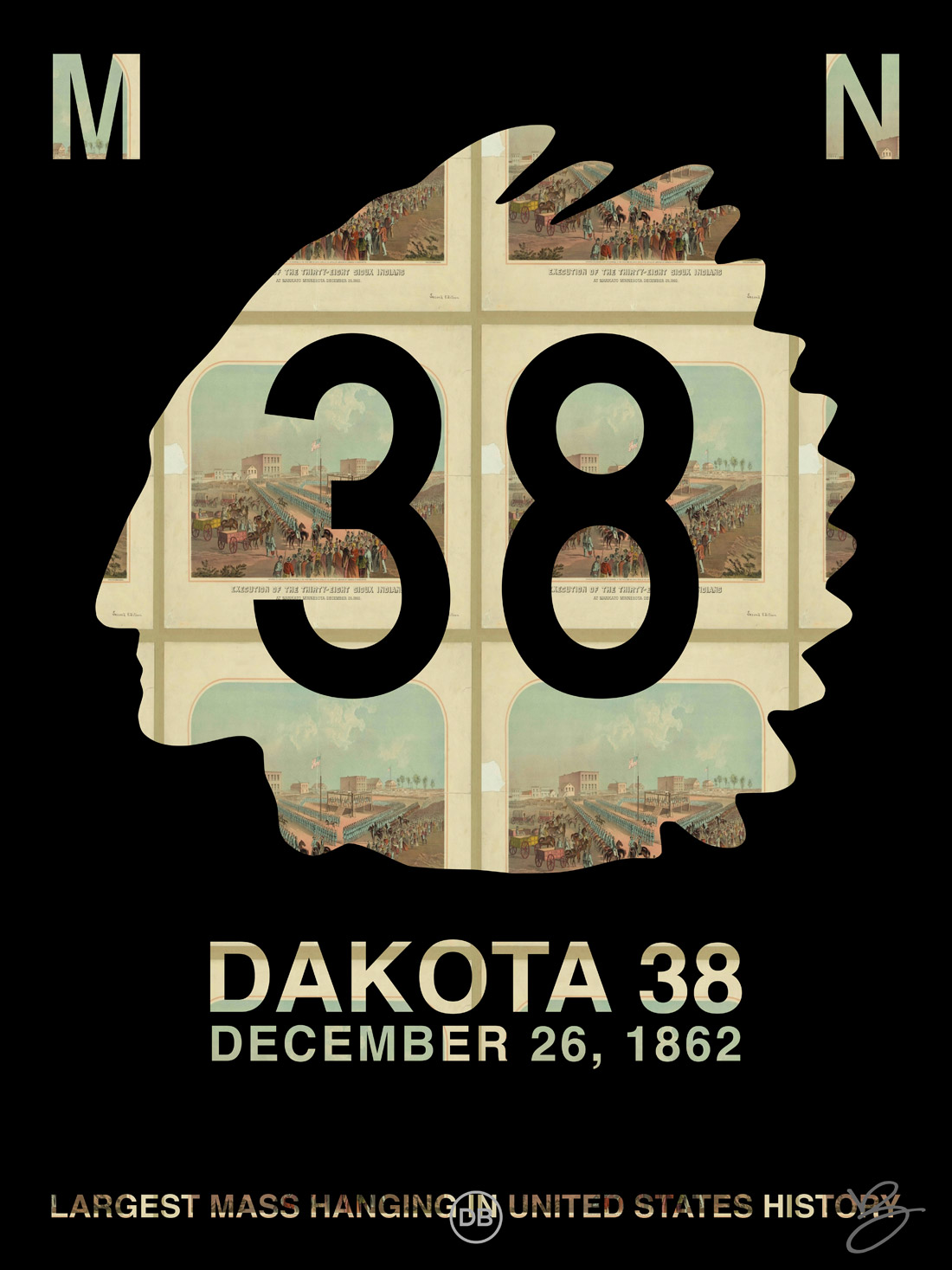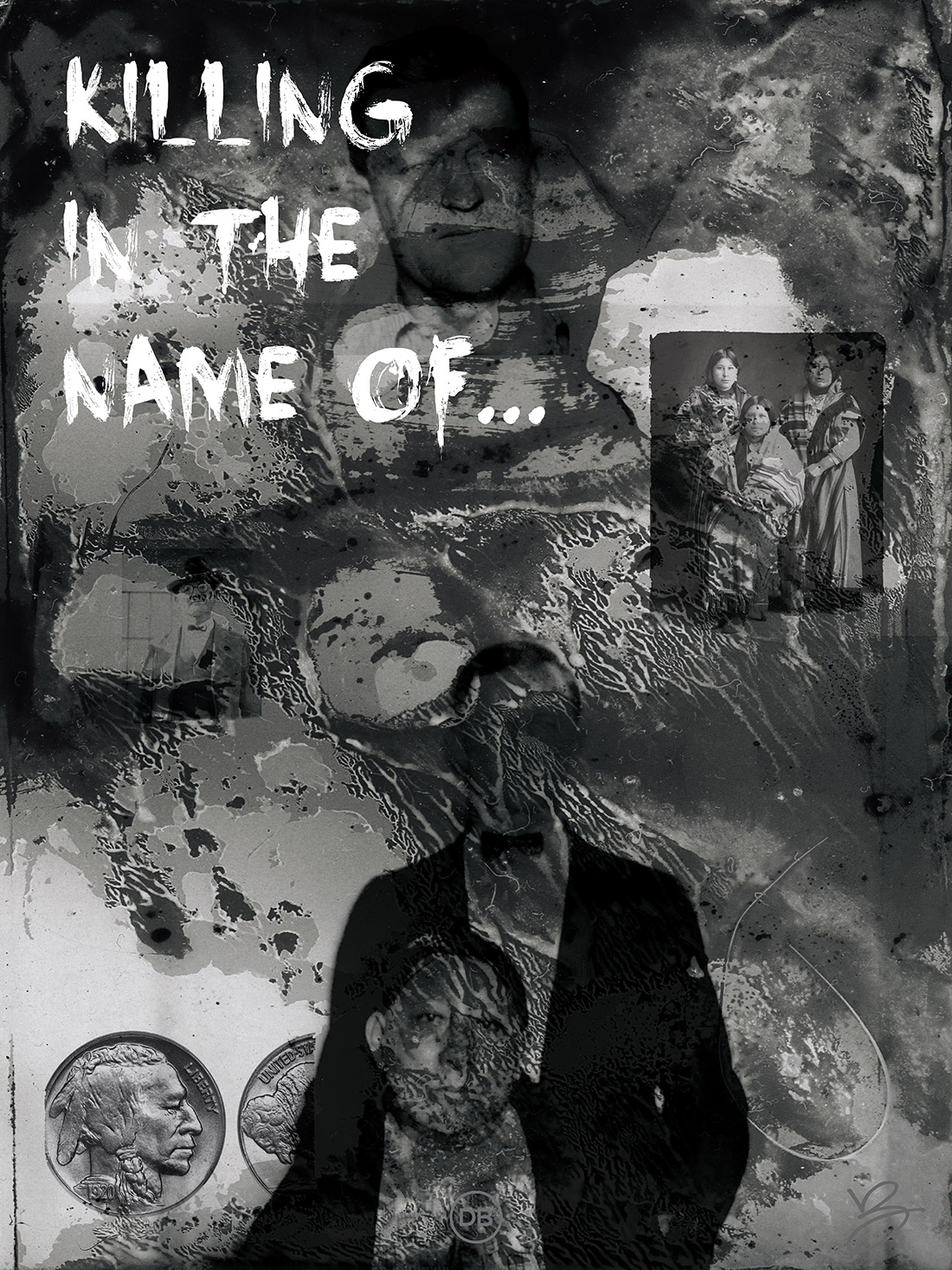Articles
“A new online campaign is hoping to raise awareness and push Prime Minister Stephen Harper on the issue of missing and murdered indigenous women and girls.
Aboriginal women have begun posting photos of themselves holding signs asking “Am I next?” and — like the ice bucket challenge — asking others to do the same within 24 hours.
For Julianna Piwas, it’s an issue that hits close to home.
Her cousin Bernice Rich was killed last year and in February, her friend Loretta Saunders went missing. Saunders’ body was found nearly two weeks later and Victoria Henneberry and Blake Leggette are charged with first-degree murder in her death. Saunders, who was Inuit, had been researching the issue of violence against aboriginal women.
In her photo, Piwas addresses Harper. She wants to see a national inquiry on missing and murdered indigenous women.
“I just hope we’re being heard. He needs to do something about it.””
– CBC News, Indigenous women ask ‘Am I next?’ to raise awareness about missing and murdered.
“Fontaine’s name has become synonymous with the push for a public inquiry into the astonishing numbers of aboriginal women who are murdered or go missing in Canada each year. In February, Loretta Saunders, a 26-year-old Inuk university student, went missing in Nova Scotia. She had been writing a thesis about violence against aboriginal women – her body was found along a highway median in New Brunswick.
After the recovery of Fontaine’s body, Saunders’ cousin, Holly Jarrett, logged on to Twitter and began using the hashtag #AmINext, in part to advocate for a public inquiry into the fates of the missing women. Soon, thousands of women were sharing photos of themselves holding signs asking “#AmINext”, and Jarrett had received photos and support from some 3,600 women.
Over the past 30 years, 1,200 aboriginal women have been recorded murdered or missing in Canada. Even more have likely vanished unnoticed. Stories of bodies found and loved ones lost have become so commonplace that the public has casually adopted the term “Highway of Tears” to refer to a stretch of Highway 16 between the northern towns of Prince George and Prince Rupert, in British Columbia. Along that road, 18 women (most of them aboriginal) have disappeared, their cases unsolved. The blunt message of the #AmINext campaign is not surprising – for many young women, they really could be.”
– The Guardian,
As murders and disappearances mount, Canadian women ask: ‘Am I next?’.
Download
Download the 18″x24″ poster (.pdf), Indian Country 52 #38 – Am I Next? (MMIW).
Close Ups



Indian Country 52
Indian Country 52 is a weekly project by David Bernie that uses the medium of posters that promote issues and stories in Indian Country.
Creative Commons License

This work by David Bernie is licensed under a Creative Commons Attribution-NonCommercial-NoDerivatives 4.0 International License. You may download, share, and post the images under the condition that the works are attributed to the artist.



